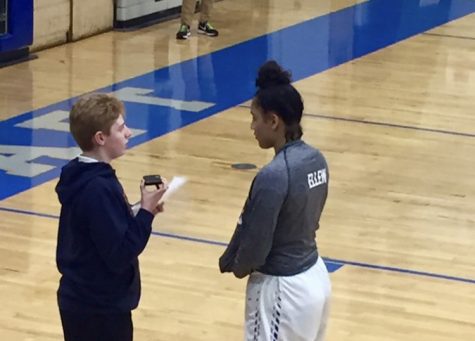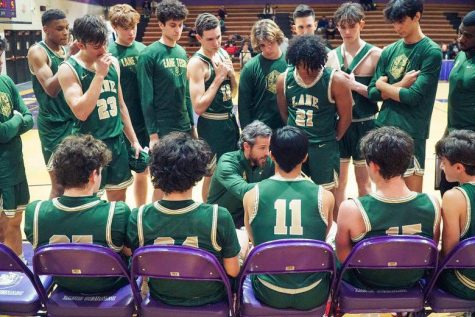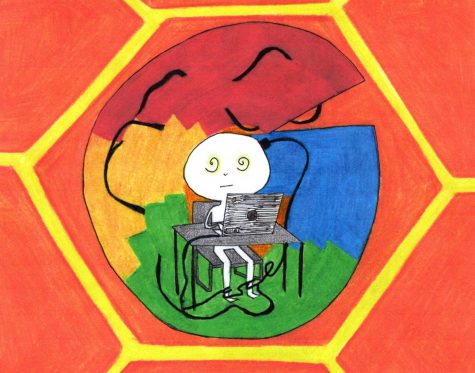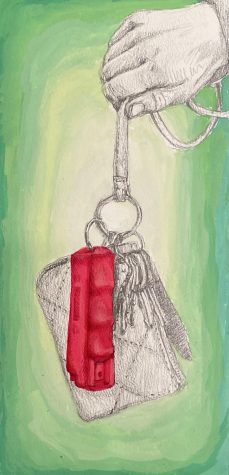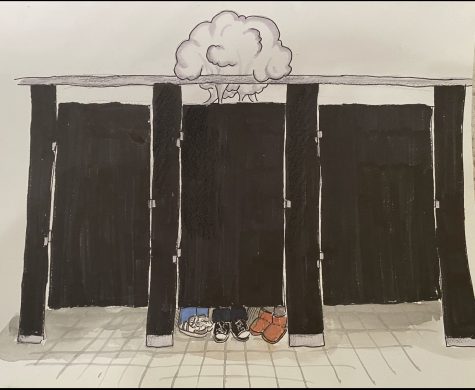Damsels in distress: How Hollywood typecasts the modern woman
OPINION
What is a woman? Is it someone who has long flowing hair, soft features, a gentle voice and fair skin? Someone who is docile and submissive, waiting to be saved by a valiant hero? Ask many women this question and the answer you would most likely receive is a resounding ‘no.’ However, to the producers, writers, directors and production studios of Hollywood this is exactly what a woman is.
Though the bygone era of the 1960s is long gone, the remnants of it can still be seen throughout Hollywood. Most of the time female actresses are type casted into these long-standing tropes, ranging from the Manic Pixie Dream Girl to the Femme Fatale.
And though a host of Hollywood directors and producers would go on diatribes screaming at critics that these tropes no longer exist, both viewers and critics alike know that this isn’t true. Because the most popular TV shows and movies of the past five years, such as Netflix’s “You,” are riddled with these tropes.
In Season 4 of “You” there is a prominent difference between the main character, Joe Goldberg, played by actor Penn Badgely, and his female counterparts on the show. The season’s female lead, Kate, played by Charlotte Ritchie, is portrayed as a raging prima donna whose capricious nature makes it hard for viewers to root for her.
At first glance, Kate seems different and likable, a woman who doesn’t fall for Joe’s tricks and doesn’t take crap from him either. But of course, the producers slowly make her fall for him, making Kate another woman having fallen victim to Joe’s sociopathic charm.
Furthermore, the other female characters in “You” all fit into one type or another. Love Quinn (Victoria Pedretti) is the crazy ex-girlfriend, Marienne Bellamy (Tati Gabrielle) is the one who got away, Peach Salinger (Shay Mitchell) and Phoebe (Tilly Keeper) are the annoying best friends, and much more.
However, it’s not just “You” that struggles with the offensive and tired female trope problems, but all of Hollywood. In film and television, women aren’t designed or characterized to be the main characters or examples of human nature, but instead are used as plot points to move the story along.
As a somewhat (self-proclaimed) film connoisseur, I myself can only recount a handful of films I’ve seen that have actually depicted women in a realistic light. And I’m not alone in this thought.
Senior Brigid Doherty would like to see a change made in Hollywood too.
“I watch movies and tv very often. I mostly watch different movies with tv. I tend to rewatch the same shows,” said Doherty.
As an avid film watcher, Doherty believes that women and men are not nearly portrayed the same on screen, especially in films/shows with apocalyptic themes.
“Not at all. Women, specifically in apocalyptic shows and movies for example, are always in the skimpiest clothing ever and they are always clean and shaven. Yet, the men have untamed beards and are dirty. Women are always shown to be pristine which makes no sense to the context of where they are,” Doherty said.
Fellow senior, Miles Luke, also agrees that women and men aren’t treated equally on the screen. Though he hasn’t recently engaged in film and TV as much as he used to, he still notices the stark gender disparity in media.
“I think a lot of the tropes surrounding [women especially], have been grounded in traditional and conservative views,” said Luke. “Women are often portrayed as the victim and those in need of saving, and when Hollywood tries to flip the stereotype it always feels like they’re trying to counteract it in a very hollow way. It often feels like the tropes surrounding women paint them as side characters or plot devices with men being in the limelight. Also I think that women are much more restricted in the roles they are given and written into while men have much more freedom.”
Doherty also commented on the use of these same overdone tropes saying, “Women are usually the damsel in distress, or just the love interest. They are the manic pixie dream girl and the sad girl of the main character’s dreams. They are written just for him and exist just for him.”
People want to see a change on the big screens and not just a small one. Starring with giving women more roles and importance on and off the screen.
“I think that Hollywood should work to expand the roles of women on the big screen. They should work to break boundaries and reduce stigma surrounding women in Hollywood, and also try to make the expansions of those roles feel less like something they are forced to do and more like something they want to do,” Luke said.
Meanwhile, Doherty wants versatility in the way women are written. “I want to see women written as women and not as a man’s love interest. I want to see an outgoing and bubbly girl who isn’t just that way for male approval,” Doherty said.
However, even though the directors and writers rooms of Hollywood have a long way to go in terms of making things right, there is no denying that Hollywood has come a long way from its historic mistreatment of women.
“I do think that in recent history there have been vast improvements towards the role of women in cinema. I feel that the progress is undeniably good, though it is a bit off putting that this change feels more forced than by choice on the side of Hollywood,” Luke said.
Doherty agrees that there has been slight improvement, yet there [are] still a lot of things that need to be addressed. “I mean we used to not be able to say vagina on TV or say that a woman was pregnant. there is still a long way to go and new problems have been created but we are getting somewhere at least,” Doherty said.
Though we are a long way away from the days of studio contracts, arranged marriages and forcing starlets to take substances and strict diets, in a way a lot and nothing at all has changed. Women are still treated as just pretty faces to move the plot along, and essentially dehumanized underneath the bright lights and flashing cameras.
Women don’t want to be seen as outdated tropes waiting on a man, wanting to be saved, or just overall as if we’re the inferior sex. Women deserve to see accurate representations of themselves on the silver screen, in all shades, shapes/sizes, abilities, backgrounds and personalities.
Women are powerful, multi-faceted human beings, who deserve to be loved and portrayed exactly as they are. It is time for Hollywood to get on board and address and improve their portrayal of women… or fear being left behind in today’s rapidly-updating and increasingly accepting society.
Thank you!! We met our goal for the 2023-24 school year! Your contributions covered our annual website hosting costs, which are no longer covered by our district/school. Student journalists at Lane Tech use this archive to research past coverage of various topics and link to past stories to offer readers additional context for current stories. Thank you for supporting the award-winning reporting and writing of journalism students at Lane Tech College Prep!
Background information on why the school district no longer allows our school to cover web hosting costs:
https://lanetechchampion.org/12583/uncategorized/special-coverage-impact-of-soppa-on-cps-students-teachers/
https://lanetechchampion.org/11702/opinion/staff-editorial-cpss-soppa-policy-is-choking-students-learning-and-the-champion/
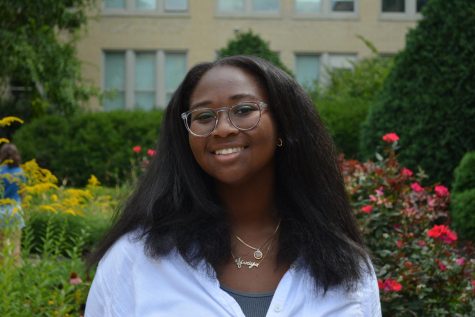
Yaniya is a senior at Lane and is a member of the Omega Program. This is Yaniya’s second year at The Champion. Yaniya participated in the Princeton Summer...

